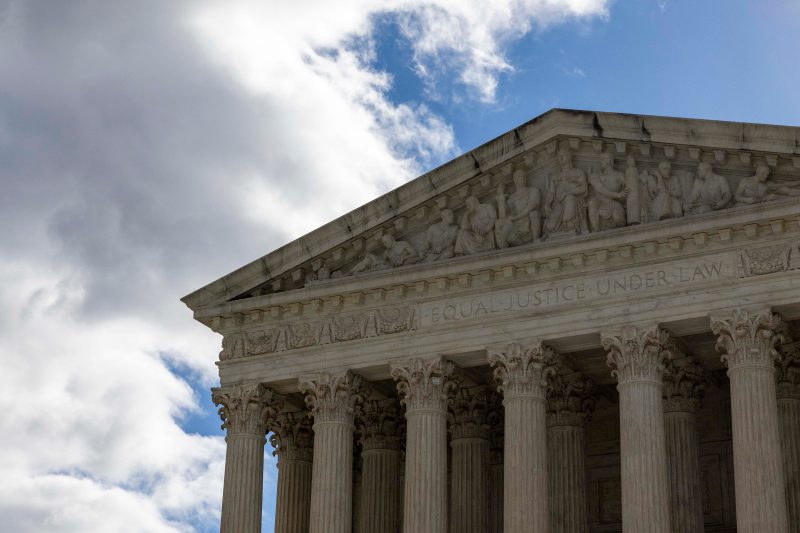In a recent move that underscores the Supreme Court’s increasing involvement in shaping social and legal norms, the highest court in the land has taken up several notable cases that are set to have far-reaching implications on issues ranging from vape regulations to accessing pornography by minors.
One of the cases the Supreme Court has agreed to hear involves the controversial issue of vape regulations. The case centers on whether the Food and Drug Administration (FDA) has the authority to regulate the vaping industry and impose restrictions on the marketing and sale of e-cigarettes. At stake is not just the economic interests of the vaping industry but also public health concerns, as the use of e-cigarettes among adolescents has reached alarming levels in recent years.
Another key issue that will come before the Supreme Court is the question of access to pornography by minors. The case raises fundamental questions about the balance between protecting minors from harmful content and upholding freedom of speech and expression online. The court’s ruling on this case is likely to have significant implications for how internet service providers and content platforms manage and regulate access to age-inappropriate material.
Additionally, the Supreme Court has also agreed to take up cases related to other pressing legal matters, such as gun control, immigration, and abortion rights. These cases are expected to test the court’s commitment to interpreting the law in a manner that reflects evolving societal values and norms.
The decision to hear these cases signals the Supreme Court’s continued role as an arbiter of complex legal issues that have profound implications for American society. As the highest judicial body in the country, the court plays a crucial role in interpreting the Constitution and shaping the legal landscape for generations to come. The outcomes of these cases will not only impact individual rights and freedoms but also set important precedents that will guide future legal decisions.
In taking on these cases, the Supreme Court affirms its commitment to upholding the rule of law and ensuring justice for all. As the court prepares to hear arguments and deliberate on these critical issues, the eyes of the nation will be on its justices, who will be tasked with the weighty responsibility of interpreting the law in a manner that aligns with the principles of justice, fairness, and the common good.

